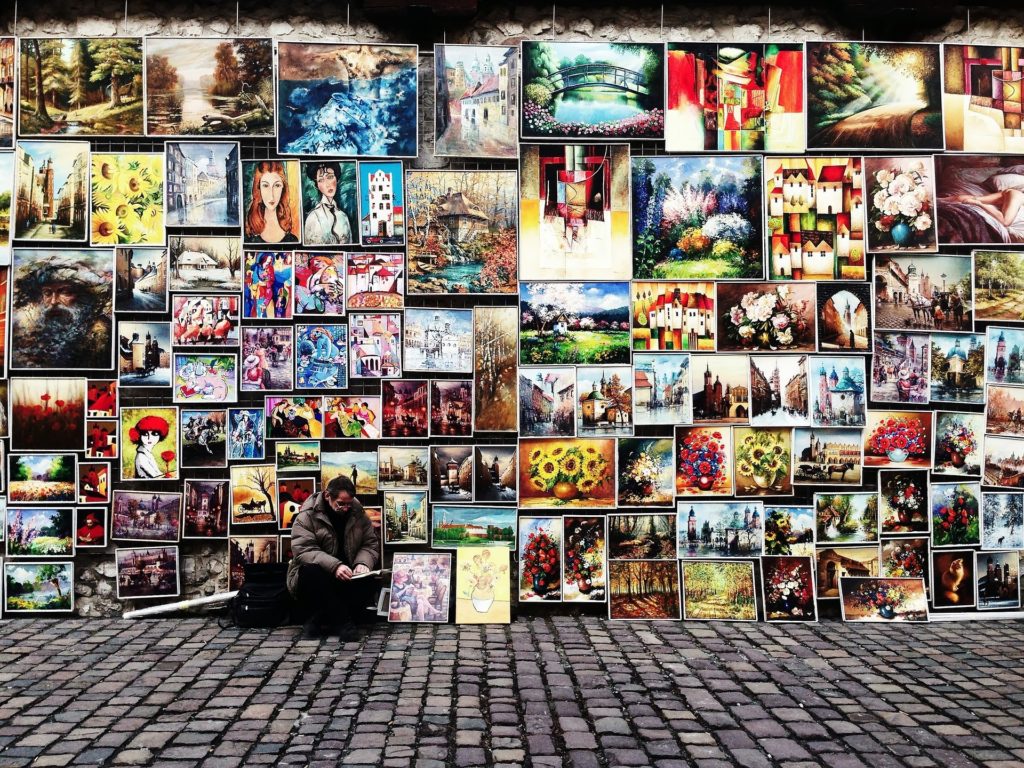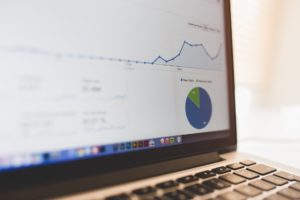 Numerous artists these days mistakenly presume that if they place their art works online, the web will do rest for them. When eyeing for the top spot or the first page of search engine results, the competition is intense and fierce. Cleveland SEO agency and other SEO agencies agree that there are several aspects to be considered for search engines to rank results such as the page title, length of content, distinctiveness and readability, the link quantity and quality to and from the webpage, brand popularity offline, social shares, usage of keyword and the image quality and size.
Numerous artists these days mistakenly presume that if they place their art works online, the web will do rest for them. When eyeing for the top spot or the first page of search engine results, the competition is intense and fierce. Cleveland SEO agency and other SEO agencies agree that there are several aspects to be considered for search engines to rank results such as the page title, length of content, distinctiveness and readability, the link quantity and quality to and from the webpage, brand popularity offline, social shares, usage of keyword and the image quality and size.
Search engine optimization, better known as SEO, is the practice of establishing the different parameters of a webpage to aid in making it emerge among the top listings or entries in an organic search result. Organic search results are those that come into view due to their relevance and relatedness to the search term and aren’t advertisements.
A Few Aspects of SEO Particular to Artists
 The way you build your website and the SEO tools you decide on using will essentially be influenced and formed by your goals and objectives for your art business. So make certain that you have clear goals and objectives.
The way you build your website and the SEO tools you decide on using will essentially be influenced and formed by your goals and objectives for your art business. So make certain that you have clear goals and objectives.
- Are you planning on selling art?
- Will you be offering online art classes, courses, or workshops?
- Are you merely going to post your portfolio on your website?
- Do you mainly create art pieces for the public or for commercial and intend to gain new clienteles via organic search?
You may opt to hire an SEO specialist to optimize your site or page for search, but you can also do it yourself. It is not too difficult so long as you do it right, by doing so will help you draw in more audience via organic search.
- Form a structure that is logical and consistent to your site.
- Write fitting titles and descriptions of page.
- Ensure that your images are correctly sized.
 For SEO, keywords are the essence and core, to be precise, the terms, words, or phrases you anticipate potential clients to search for so as to locate your website. Your keywords, as an artist, have some connection to the kind of work that you do, whether you’re marketing your art or hoping to have new commissions.
For SEO, keywords are the essence and core, to be precise, the terms, words, or phrases you anticipate potential clients to search for so as to locate your website. Your keywords, as an artist, have some connection to the kind of work that you do, whether you’re marketing your art or hoping to have new commissions.
David Bricca, online marketing strategist, said “Narrow your keywords down to a group of five or so and prioritize them according to those that are most relevant to your business and have the most traffic.”
These keywords will be utilized to aid you to name or label the pages and images found in your website, as well as to write your website copy, page titles and image tags.
SEO isn’t done at once since an unceasing process is required as you upload new art works, when you change the portfolio’s focus or when you start selling your art online. Even a seasoned SEO experts can’t assure positive results overnight, however overtime with the right SEO approaches, you should see a stable rise in traffic and an growth in the quantity of time your audience spend on your website.
